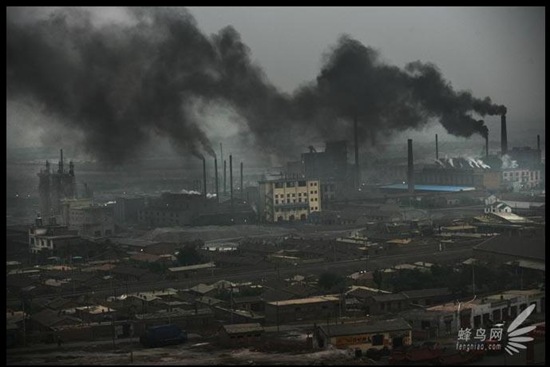Foreign Policy offers an interesting if somewhat debatable book excerpt on the role the 1989 Tiananmen Square demonstrations played in influencing soon-to-follow demonstrations in Europe, where less than six months after the crackdown in Beijing the Berlin Wall would crack as well, realigning the world’s long-entrenched geo-political structures in ways that we still can’t completley comprehend even today. The dust of the ripped-down wall, like that of the World Trade Center, has yet to fully settle.
In the eyes of the author, Chen Jian, the Michael J. Zak Chair of history for U.S.-China relations at Cornell University, the fact that the world’s foreign correspondents had congregated at the Square in May 1989 for Gorbachev’s visit helped ensure the students’ story would spread to all corners of Europe.
The events of Tiananmen Square shocked the whole world. Ironically, it was the rapprochement between Beijing and Moscow that exposed the crackdown to a global audience, as hundreds of journalists and cameramen who reported on Gorbachev’s visit stayed to cover the students’ demonstrations….
The effects of the Tiananmen tragedy ricocheted throughout the entire communist bloc, especially in the Soviet Union and the Soviet bloc countries of Eastern Europe. In Moscow, Gorbachev, in spite of his disapproval of the CCP leadership’s behavior, tried to avoid criticizing Beijing directly (though the impact of the Tiananmen crackdown indirectly restricted his ability to influence and control developments in the Soviet Union, and he was even less willing and likely to resort to force in dealing with activities related to the disintegration of the Soviet Union).
In almost every East European country, the pro-democracy movements grew rapidly in the following summer and fall of 1989. These opposition movements took the opportunity of international Communism’s deepened legitimacy crisis to wage new offensives against the Communist authorities in their own countries. The Communist leaderships were all facing difficult dilemmas — they could neither afford to take a totally defensive attitude toward the pro-democracy movements nor dare resort to violent means.
During the following summer and fall, Eastern Europe experienced great unrest, eroding the political foundation and undermining legitimacy of every Communist regime there, culminating on Nov. 9 and 10, 1989. In Germany, the uprising masses brought down the Berlin Wall and with it the symbolic divide between the East and the West. By December — with the execution of Romania’s Communist dictator Nicolae Ceausescu — the communist bloc in East Europe had virtually collapsed.
Somehow, the Chinese Communist regime survived the shock waves of 1989. After a three-year period of stagnation, Deng used a dramatic tour of southern China in the spring of 1992 to regenerate the “reform and opening-up” project, initiated by Deng and the CCP leadership in the late 1970s. What has followed, as is well known today, is China’s rapid economic growth — despite continuous stagnation in the country’s political democratization — in the last decade of the 20th century and entering the 21st century.
The argument – that the TSM exacerbated the fissures that ultimately pushed the Soviet Bloc past the breaking point – isn’t easy to prove. Those fissures had been building for decades, and I believe that had their been no demonstrations in China in 1989, the Wall would still have fallen and the USSR would still have disintegrated. China’s political-economic fissures were worlds apart from Russia’s, and I’m afraid any effort to compare them has to be somewhat contrived.
Nothing could have stopped the fall of the USSR — except perhaps if there’d been a madman running the show and not Gorbachev, one of my personal heroes and the man who made the extraordinary decision – unbelievable, really – not to order the shooting of the demonstrators who stormed Checkpoint Charlie in 1989. Would that Deng had shown similar restraint (like, say, using tear gas and rubber bullets), maybe he, too, would enjoy Gorbachev-like status. His legacy is great; a pity about that one bright shining stain.

Comments